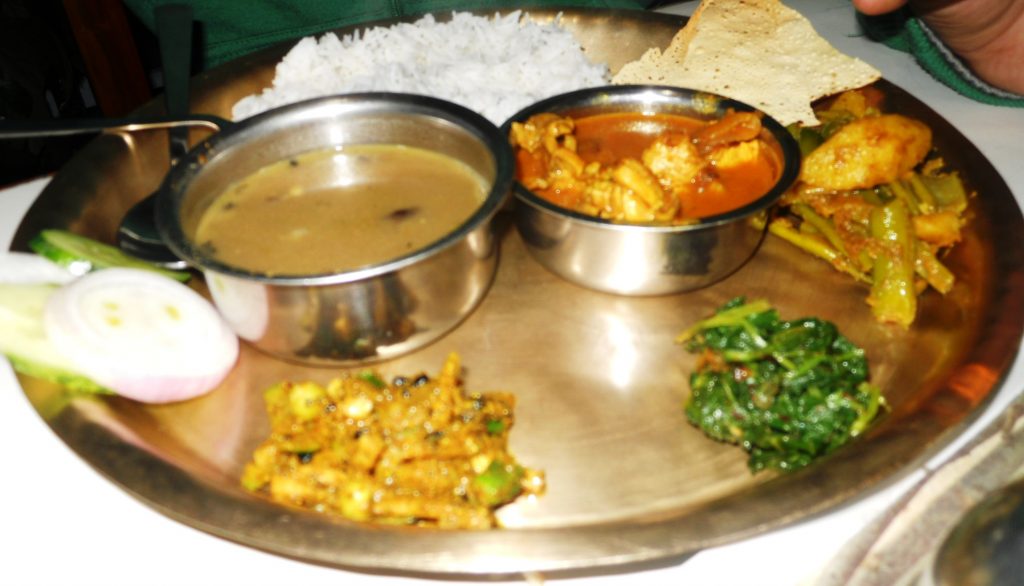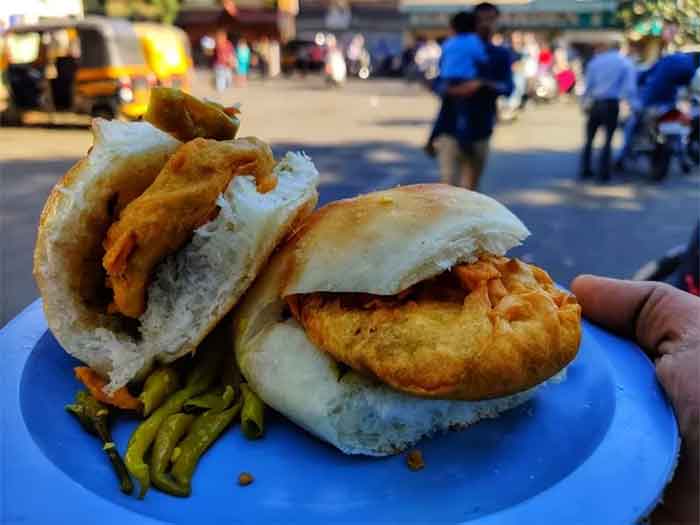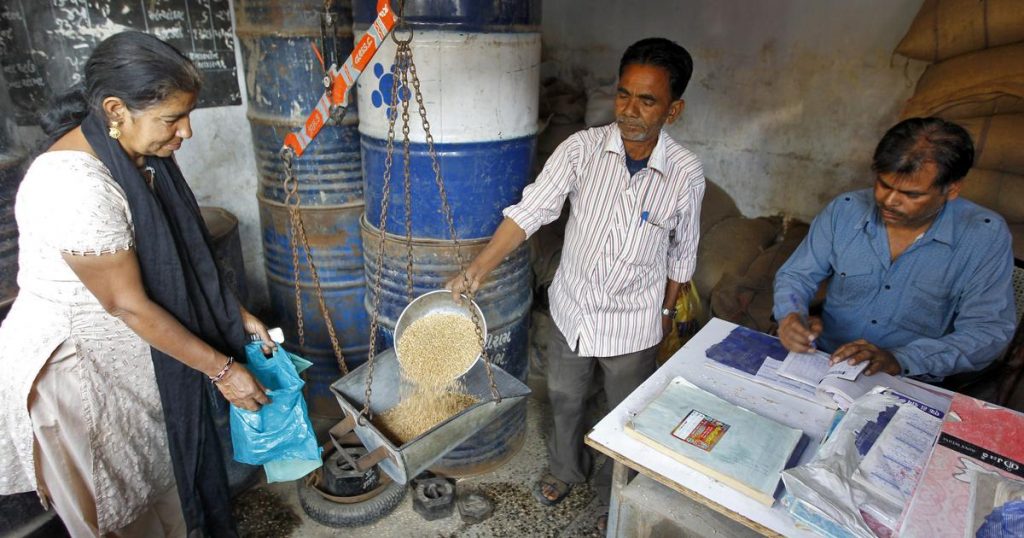
As I scrolled through my social media feed in the morning, a provocative statement by Sudha Murty, Chairperson of Infosys Foundation, caught my attention. She remarked that when travelling abroad, she carries her food and cooking items to avoid the possibility of vegetarian and non-vegetarian food being contaminated through mutual contact. This seemingly innocuous comment has now sparked heated debate, with voices on both sides fervently airing opinions.
However, the controversy stirred by Sudha Murty’s words provides an opportunity to unpack a troubling phenomenon in today’s political climate. In this article, I argue that Hindu nationalist groups have strategically promoted vegetarianism as an ideal marker of Hindu identity in recent decades. This constructed linkage between vegetarianism and Hindu belonging reflects the cynical manipulation of dietary codes to consolidate upper-caste Hindu power against religious minorities especially Muslims while diminishing its local, regional, castes and class differences and contradictions. I analyze how the projection of vegetarianism as intrinsic to Hinduism in fact negates the sheer diversity of food habits across castes, classes and regions in India. Reclaiming the richness of India’s plural culinary traditions is key to challenging this homogenizing Hindutva agenda of majoritarian politics.
In recent decades, vegetarianism has been consciously cultivated as a powerful political symbol by Hindu nationalist groups like the BJP and RSS. The food choices are now violently policed especially for Muslim minority community at times in many places of India. Several Muslims have been killed/lynched just adhering to their rightful choices of food. These choices that were once simply cultural preferences passed down generations are now deployed as deliberate markers of one’s identity and loyalties. The strategic promotion of vegetarianism has enabled the false projection of Hindus who eschew meat, especially beef, as morally pure, spiritual and loyal to the nation while framing meat-eating Muslims as impure, violent outsiders.
Only a few days back before Sudha Murthy controversy, another viral video showed a train passenger questioning the need for halal certification of tea being served on Indian railways. This incident sparked debate over the meaning of halal and fears that buying and selling of items even if vegetarian named or inscribed with Muslim sounding words on it could invite scrutiny. The irony is that non-veg meals are routinely served on trains and almost ¾ of Indians including Brahmins in many regions consume non vegetarian food, yet only minority dietary choices like halal face moral policing. Further, in last few years the frequency of forcible shutdown of Muslim businesses during Hindu festivals have increased exponentially with life threatening consequences. Certain BJP state governments have ordered removing eggs from school mid-day meal menu with political propagation of eggs being a non-vegetarian food, thus a non-Hindu food. Such attempts impose sham Brahminical upper-caste culinary norms in the guise of projecting vegetarianism as intrinsic to Hinduism, when in reality eggs have been part of diverse Indian food traditions and nutritious diets across communities for centuries. These incidents and false projections create a hostile and communal narrative of Hindu identity vis a vis Muslim identity downsizing all other internal ascriptive affiliations and differences. This in turn promotes politics based on Hindu nationalist tenets, which require the creation of an ‘other’ – necessarily minorities, particularly Muslims in this case.
Several scholars have highlighted how avoidance of meat and forceful and violent propagation of vegetarianism have become core tenets of Hindu nationalism’s ideological project in contemporary India. In his seminal work on gastro-politics, anthropologist Arjun Appadurai (1981) noted food as a powerful identity marker. He wrote; “with the elaboration of cuisine and its socio- economic context, the capacity of food to bear social messages is increased”. Abstinence from certain foods or avoidance of mingling culinary customs became socio-cultural markers of one’s tribal loyalty and position in social hierarchies. Such gastro-politics of expressing identity, difference and community through codified food habits is profoundly evident in contemporary Hindu nationalism’s strategic projection of vegetarianism as a marker of Hindu belonging in India today. But this is not without complications. As non-vegetarian food is consumed by across all Hindu castes. Ironically, despite the significant evidence showing diverse Hindu culinary traditions, the vegetarian plank has proved to be a very effective and potent tool for consolidating Hindu identity under the majoritarian political project. This complicated phenomenon will be unpacked in the following paragraphs.
The strategic promotion of vegetarianism as quintessentially Hindu carries troubling caste implications. Historically, norms around purity and pollution that valorized vegetarianism were mainstays of upper-caste Hindu practice used to exclude lower castes who consumed meat. As Ambedkar wrote in his book ‘The untouchables’ that meat and beef consumption in particular, were a marker of untouchability. However, this upper-caste Brahminical practice was not universally shared by all Hindu communities including Brahmins. D.D. Kosambi in his article ‘Caste and class in India-(1944)’ elaborated on this. He wrote “Almost every statement of a general nature made by anyone about Indian castes may be contradicted. The Brahmins are not to eat meat nor any food derived from the taking of life. But Vedic Brahmins ate beef, Kashmiri Brahmins do eat meat, those in Bengal fish, without losing caste. The Sarasvats in Goa eat fish regularly and venison on occasions”.
Lower castes and Dalit groups have traditionally consumed meat as part of local customs.
Despite the significant evidence showing meat consumption by both lower and upper castes and Dalits as part of diverse local Hindu customs, Hindu nationalism has falsely and aggressively portrayed vegetarianism as orthodox Vedic tradition, marginalizing non-conforming culinary practices rooted in the local customs and regions.
So, this attempt of forging an official vegetarian Hinduism dismantles the legitimacy of heterogeneous culinary traditions within Hinduism. Modern Hindu nationalism’s vegetarianism asserts only the upper-caste notions of purity as intrinsically Hindu while erasing legitimate regional and caste variations in diet. Reclaiming culinary diversity is essential to resist its exclusionary politics.
The strategic promotion of vegetarianism as a mark of Hindu identity have acquired another dimension in recent decades after the Hindutva politics in 1980s gained momentum which reflects motivated political calculations rather than any objective religious or purely caste doctrine. One motivation which is often neglected is promoting vegetarianism as timeless Vedic tradition counterposing Hindus against a meat-eating Muslim ‘other’ even though dietary norms have varied fluidly. These constructed notions of Hindu purity versus Muslim impurity stem from political efforts to consolidate the majority Hindu vote bank under a singular homogenizing identity.
Thus, positioning vegetarianism as essential to Hindu belonging ties into the Sangh Parivar’s broader efforts to unite Hindus across caste divides under a common fealty to upper-caste norms. It breaches rigid caste boundaries to build a united political community of Hindus in opposition to the Muslim outsider.
This politics of building a singular Hindu identity subsuming local and regional differences and contradictions within Hinduism signals dangerous majoritarian ambitions. In asserting vegetarianism as intrinsic to Hinduism, the BJP and affiliates sideline legitimate internal dietary variations and impose phony and insidious Brahminical hegemony under the cloak of Hindu unity. They consolidate electoral support by distorting tradition to make Muslims seem threatening through their contrasting food habits. Reasserting India’s culinary diversity is essential to resist burying real history for political gain.
The projection of vegetarianism as a definitive marker of Hindu identity and tradition by Hindu nationalist groups reflects disturbing politics of exclusion and power in contemporary India. This manufactured dietary orthodoxy negates the true richness and variations in food habits within Hindu communities across caste, class and regional lines over centuries. Weaponizing vegetarianism to politically consolidate upper-caste Hindu power against a Muslim ‘other’ breeds a dangerous majoritarianism. Reclaiming the country’s genuine culinary pluralism and diversity is critical to challenging this homogenizing Hindutva agenda.
Abdul Moid is a PhD Scholar at Maulana Azad National Urdu University in the Department of Political Science. His area of research interest is in the field of Identity negotiation and Muslim Identity. He holds a postgraduate degree in Political Science from the University of Hyderabad and a Bachelor of Arts (Honors) in Political Science from Banaras Hindu University. Prior to his university education, Abdul Moid received his early education in the Madrasa system.















































